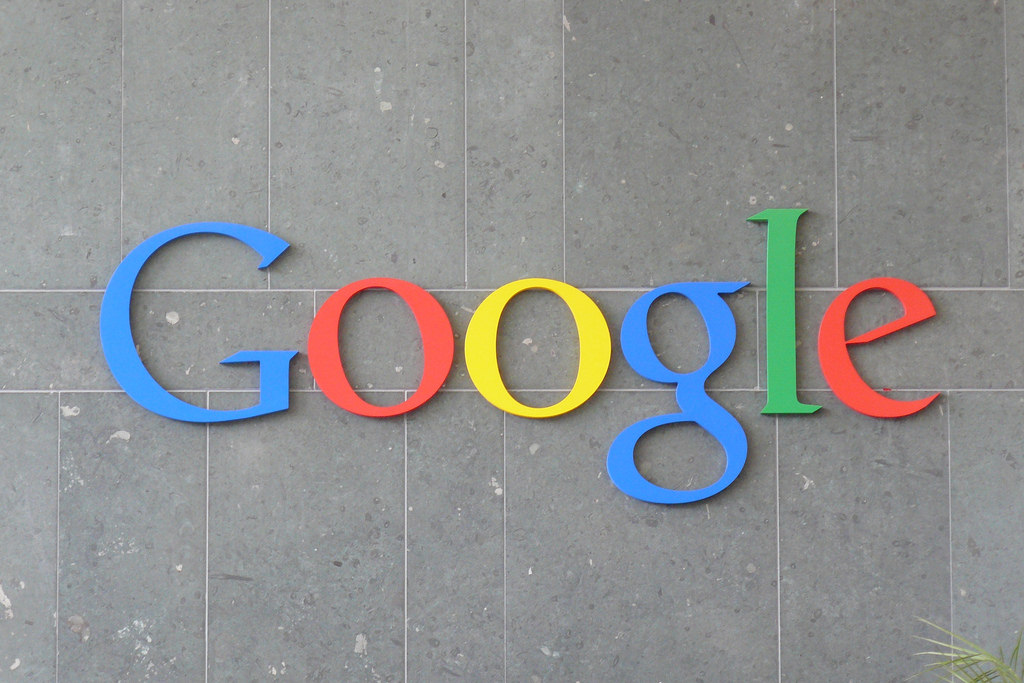The European Commission has started looking into Google’s new generative search feature, AI Overviews, to see if it violates the Digital Markets Act (DMA), the EU Copyright Directive, or even the European Media Freedom Act (EMFA), according to a Euractiv report. Policymakers and publishers worry, the feature skews competition and sidelines diverse media voices.
Google rolled out AI Overviews in Europe in late March. The feature sits at the top of the search results page and uses generative AI to directly answer user queries by summarising information from across the web. Google says it helps people “find information faster,” but publishers worry it keeps users on Google while bypassing the original sources of that information.
“The Commission is currently assessing how the ‘Google AI Overviews’ feature works in practice and what its implications may be under EU copyright rules,” Commission spokesperson Thomas Regnier told Euractiv. He added that “rules on unfair competition, platform obligations under the Digital Services Act (DSA) and DMA, and the protection of media pluralism under the European Media Freedom Act (EMFA)” may also be relevant.
Although the Commission hasn’t taken formal enforcement action yet, it’s looking at AI Overviews as part of its wider investigation into how Google may be self-prefrencing its own services in Search.
Publishers Say Google Is Cutting Them Out
News outlets argue that AI Overviews have disrupted the long-standing exchange that kept the open web running: publishers create content, and platforms drive traffic in return. Now, they say, Google is extracting value from their journalism without returning the visibility or clicks.
Many publishers have seen plummeting traffic after the launch of the feature, and Bloomberg reported that Google acknowledged this effect in a closed-door meeting with 20 website creators.
The BBC noted that AI-generated summaries could undermine its brand, either by failing to reflect the value of its reporting or by inaccurately representing its articles.
In an April briefing, a senior Google executive told Euractiv that “the number of search queries increased after the introduction of AI Overviews,” and suggested this could help publishers in the long run. But when asked about whether click-throughs to websites had decreased, the executive said Google doesn’t share such data because “the numbers are constantly changing.”
EU Legal Frameworks in Play
The Commission is weighing AI Overviews against several overlapping rules:
- The DMA bars gatekeepers like Google from prioritising their own services unfairly. This is something regulators may apply if Overviews consistently keep users within Google’s ecosystem and away from other sites.
- The EU Copyright Directive lets platforms use lawfully accessible content for research under the Text and Data Mining (TDM) exception, unless the rights holder has explicitly opted out.
- The DSA requires Very Large Online Platforms (VLOPs) like Google to explain how their algorithms rank, recommend, or remove content.
- The EMFA, adopted in May 2024, aims to protect editorial independence. It ensures that media outlets get fair treatment and visibility on digital platforms.
“AI-generated summaries that reproduce protected content may fall under the TDM exceptions,” said Regnier, “if the material is lawfully accessible and not subject to a reservation of rights by the rights holder.”
But Google’s own policy limits how much publishers can actually control.
A company executive told Euractiv that “rights holders cannot opt out of being included in AI summaries only from AI training,” and added that “the separation of AI search and normal search will lose meaning over time.”
“We Have No Choice but to Stay Visible”
Media organisations say they’re stuck. They can’t afford to disappear from Google Search, even if they believe their work is being repackaged unfairly.
“We have no choice. We have to be online, we have to be visible,” said Renate Schroeder, Director of the European Federation of Journalists, in an interview with Euractiv.
Advertisements
A Pattern in Google’s Behaviour?
AI Overviews are just the latest in a string of Google policy changes that have alarmed publishers. Earlier this year, Google began enforcing its Site Reputation Abuse Policy, targeting affiliate or third-party content it considers manipulative.
That move hit verticals like Forbes Advisor, CNN Underscored, and Buy Side from WSJ. Some publishers reported losing traffic without knowing which content triggered penalties. Many cut ties with freelancers or shut down third-party content programs.
In March 2025, German publisher ActMeraki filed an antitrust complaint with the European Commission. It accused Google of reshaping the digital publishing economy.
Several major EU publishing associations backed the complaint, warning that Google’s unchecked influence leaves publishers with a stark choice: comply or disappear.
EMFA Could Shift the Balance
The European Media Freedom Act, which came into force on May 7, 2024, and will fully apply by August 8, 2025, aims to reinforce editorial independence and media diversity across the EU. It prohibits VLOPs from unjustifiably removing media content and demands greater transparency about how platform interfaces influence media visibility.
The law also creates the European Board for Media Services. The Board—made up of national media regulators, will monitor how platforms treat media content across borders. It could step in if features like AI Overviews start limiting access to credible journalism or unfairly downgrading certain outlets in search rankings.
Why This Matters
Google’s AI Overviews reflect a growing trend: users are staying on the platform instead of visiting the sites that actually produce the content. That shift threatens the sustainability of journalism, especially for publishers that rely heavily on search traffic to survive.
For regulators, the feature is a test case. Can existing EU laws including the DMA, DSA, Copyright Directive, and EMFA curb the power of platforms that increasingly act as both distributor and editor?
As generative AI reshapes how information flows online, the answer may decide the future of independent media globally.
Also read:
Support our journalism:
For You
